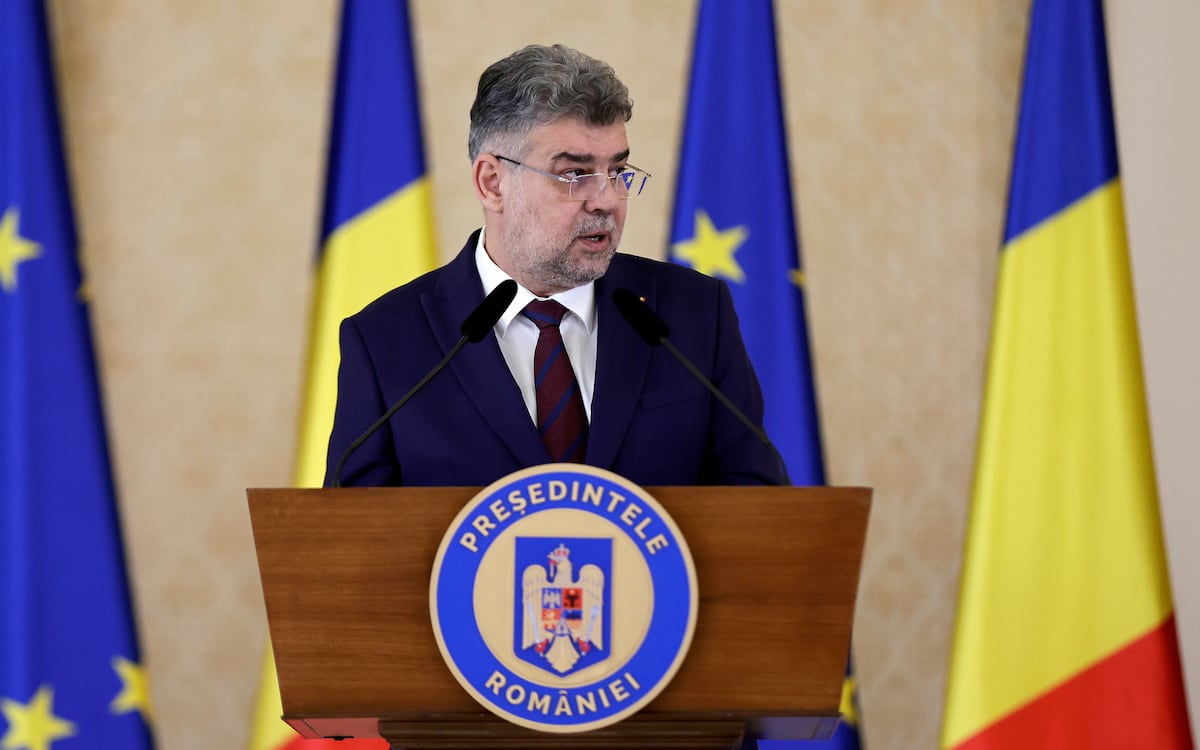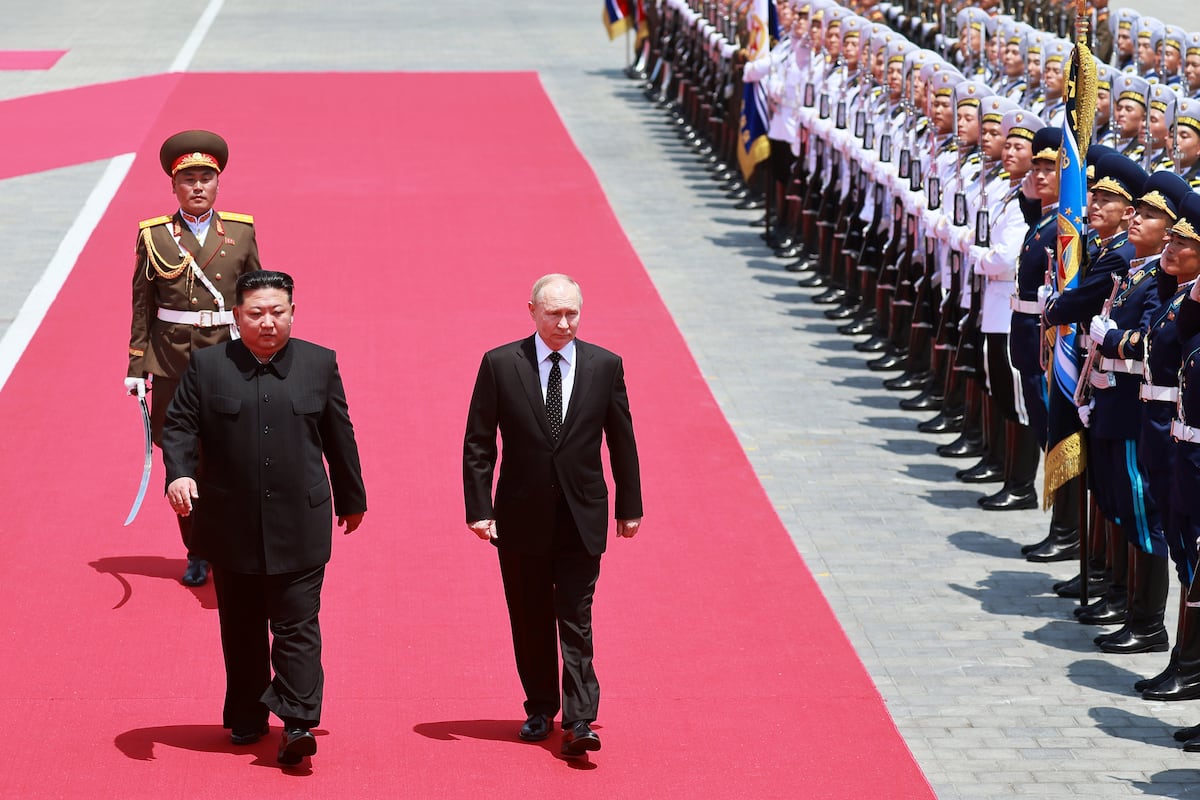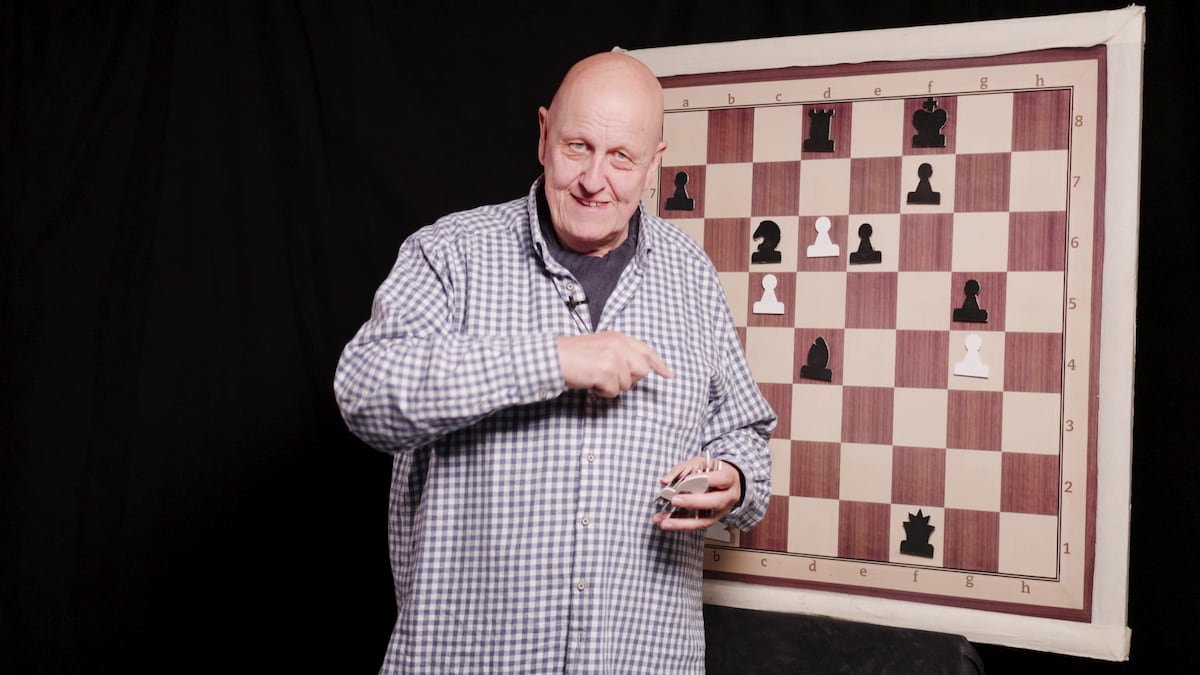The social democrats of the Social Democratic Party (PSD), the National Liberal Party (PNL) and the Hungarian minority (UDMR), all pro-European formations, have put forward this Monday in the Romanian Parliament a new government coalition that broadly revives the former Executive of the country, although he comes out ahead by a narrow margin. The Executive obtains a simple majority of 240 votes, only seven more than the 233 in which the simple majority is set, and 140 against. The new Cabinet will be headed by Marcel Ciolacu, the outgoing prime minister and leader of the Social Democrats, who is repeating his position. The parties that make it up have also announced that they will present a common candidate for the repeat of the presidential elections – whose first round was annulled on December 6 by the Romanian Constitutional Court – which is scheduled for March. This is the former leader of the PNL liberals Cristian Antonescu, whose name was initially suggested as a successor to the now confirmed Prime Minister Ciolacu.
Only the European Union Save Romania (USR) party has declined to participate in the new Executive, partly due to Ciolacu’s continuity as head of Government. Both the USR and the pro-European formations that are included in the new government alliance had announced on December 11 their intention to form a new coalition in order to establish a cordon sanitaire and eliminate in the bud any possibility of the extremists coming to power. after the legislative elections of December 1.
In those elections, the two major Romanian parties, the PSD and the PNL, suffered a serious setback by losing, respectively, 5 and 10 percentage points. The setback is attributed to corruption, widespread in all levels of power in Romania, high inflation and the slow pace of reforms and modernization of the country, 17 years after its entry into the European Union. Even so, both formations added up to 33% of the votes, a percentage that has finally allowed them to form a new Government with the support of the 19 deputies reserved for ethnic minorities.
The discredit of the traditional Romanian parties that are considered to benefit the populist extreme right had been, if possible, even more evident in the first round of the presidential elections, held on November 24, in which Calin Georgescu, a candidate pro-Russian and far-right. With the approval of the new Cabinet, Romania takes another step towards democratic normalization after the shock caused by Georgescu’s victory, whose success, boosted above all by a fierce campaign on the social network TikTok, shook all political and social sectors. civil society. This political earthquake even affected the secret services and the head of state himself, Klaus Iohannis, whom many Romanians blame for not having detected the rise in popularity of the ultra candidate in time.
The first round of the presidential elections was finally annulled by the country’s Constitutional Court on December 6, after the Supreme Defense Council declassified a series of documents that indicated electoral interference by a “state actor”, although it did not indicate to whom. country was referring to. However, the head of American diplomacy, Antony Blinken, targeted Russia.
“Let me wish good luck to the new coalition, a pro-European and pro-Romanian one, which has every chance of continuing Romania’s very good path after the indisputable economic successes and Romania’s entry into the Schengen area. [que se hará efectiva el próximo 1 de enero]”, President Klaus Iohannis had declared in the morning in a press conference without questions in which he confirmed the task of forming a Government to Ciolacu. The Romanian president then stressed that the new Executive must prepare the budget and set the calendar for the repetition of the annulled presidential elections.
“Complicated times are coming, but I think we have all learned from the mistakes of the past. I am aware that it will not be an easy mandate. It is essential that this Government establishes investor confidence and ensures a predictable climate for the business environment. “We need to accelerate reforms in the National Resistance and Resilience Plan to reduce budget expenditures and allocate any surplus to investments,” he said.
Ciolacu referred to the objectives of his Government during his investiture speech in Parliament, prior to the counting of votes. “The first step is to give a positive boost to the business environment through stability, and the second involves the rapid organization of presidential elections with total security and total transparency,” he declared. And he has insisted, however, that his priority is to restore economic and social equity. “The citizen has served the State too much, it is up to the State to serve the citizen,” stressed the prime minister, who does not believe that “there are pro-European and anti-European politicians” in Parliament: “35 years after the Revolution, it is difficult for me to believe “That someone wants us to return to the dictatorship.” Finally, he noted that he will ensure that “the presidential elections are fair for all competitors and that the will of the Romanians decides, not the algorithms.”
For its part, the pro-European party that has declined to be part of the reissued government coalition in Romania, the USR, criticized, already before the vote in Parliament that gave it the green light, the new Cabinet, which it accused of continuity. , especially due to the confirmation that Ciolacu will continue in his position: “Nothing changes. We have the same prime minister, the same way of governing, without a serious cut in state spending and waste to reduce the deficit and debt. That means that the people and the economy will do worse next year,” said representative Cristina Pruna, who announced that the new Government will surely announce a tax increase. “It’s like the Titanic, the music continues while the ship sinks,” Pruna said.
Distribution of wallets
The data that has emerged from the distribution of portfolios between the partners of the new coalition suggests that the social democrats of the PSD will take over eight of the country’s 16 ministries, including those of Justice, Transport and Defense, while the liberals will be in charge of six, including Interior, Energy and Exterior. The Hungarian minority will manage two portfolios, Finance and Development.
The new Executive will face the bloc that includes the extreme right, with the Alliance for the Union of Romanians (AUR, gold in Romanian), a formation that came second at the polls, the SOS party, of the controversial European parliamentarian Diana Sosoaca, and the Young People’s Party (I can in Romanian). Although these formations would not even achieve an alternative relative majority together, they could put the new Cabinet in trouble. AUR leader George Simion had previously said that the new government would be “just as illegitimate” as President Iohannis, whose mandate expired last Saturday. “The fact that Parliament returns with the Ciolacu Government shows that they have not listened to the voice of the Romanians” after the elections, Simion protested during the vote count.
The candidate for the position of prime minister of the three parties that have signed the coalition pact was initially Cristian Antonescu, who has finally been chosen as the joint candidate of the government alliance for the next presidential elections. Antonescu, member of the coalition between the PSD and the PNL baptized as the Liberal Social Union in 2012, led the process of impeachment of the then Romanian president Traian Basescu in 2012, which did not go ahead because the referendum required by Romanian law for this did not succeed. achieved the necessary quorum of 30%. Antonescu’s name was then raised as a candidate for president of the country, although it was finally the current head of state, Iohannis, who won the first political magistrate of Romania in 2014.








